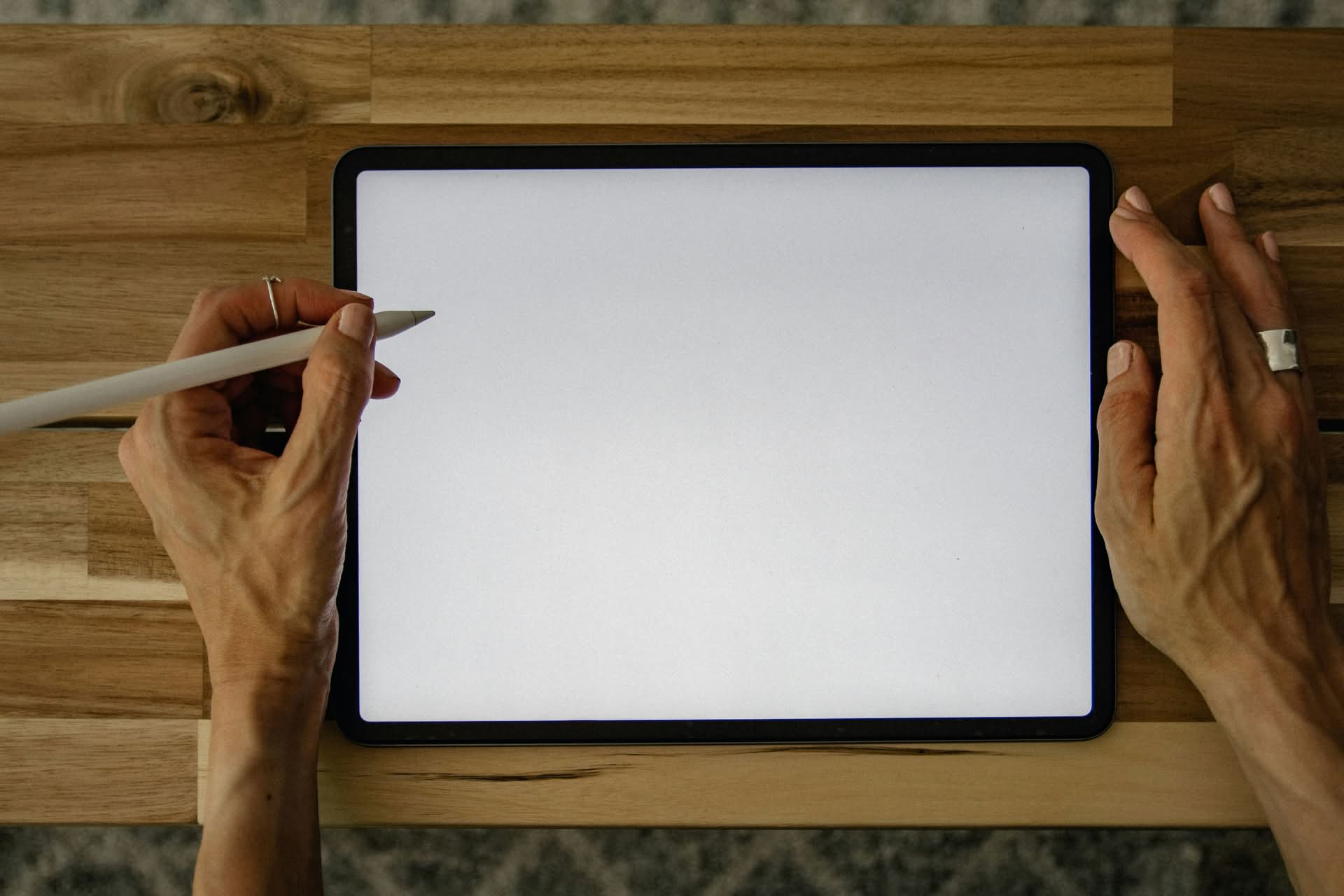Google merges Chrome OS with Android to rival iPad

Google is reportedly merging Chrome OS with Android to better compete against the iPad, which has been a dominant force in the tablet market. Sources from Android Authority reveal that this initiative comes as part of a long-term strategy to unify Google’s operating system development efforts. The transition is expected to leverage aspects of Android’s technological framework while phasing out Chrome OS as a standalone platform, aiming for a more comprehensive experience for users.
The decision stems from Google’s recognition of the overlap between their two operating systems, where both Android and Chrome OS have faced challenges in the tablet sector. Despite their successes in different domains, neither has managed to make a significant impact in high-end tablets, dominated by Apple’s iPad.
According to the Android Authority‘s report, Google aims to consolidate its operating systems to streamline engineering resources and address these competitive deficiencies more effectively.
Shifting the operating system marketIn June 2024, Google announced plans for Chrome OS to incorporate components from Android, specifically mentioning the adoption of the Android Linux kernel and frameworks. This integration is not merely cosmetic; it reflects a deeper commitment to merging the functionalities of both systems. Chrome OS has provided some Android features, such as Bluetooth capabilities, through its existing tech stack, but the upcoming changes suggest a more radical transformation.
Sources indicate that Google is undertaking a multi-year project to fully migrate Chrome OS to Android. Future Chromebooks are expected to ship with Android as the core operating system. As a result, the anticipated “Pixel Laptop” is likely to be equipped with a new version of desktop Android rather than the traditional Chrome OS.
The intention is clear: Positioning Google’s hardware offerings to effectively rival the Apple ecosystem, particularly in terms of productivity and user engagement.
Enhancements for productivity and user experienceTo enable this transition, Google is reportedly enhancing Android features to include more desktop-like functionalities, which are essential for laptop and tablet users. Key improvements in Android will focus on optimizing keyboard and mouse support, introducing external monitor compatibility, and allowing multiple desktops. These features represent significant strides toward achieving parity between Android and Chrome OS capabilities, which has been a goal for Google.
 Google sees the merger as an opportunity to capture the productivity market dominated by Apple (Image credit)
Google sees the merger as an opportunity to capture the productivity market dominated by Apple (Image credit)
Moreover, this unification strategy is projected to expand the availability of applications across both platforms, thereby attracting more developers and increasing the usability of Android devices. With Apple’s reluctance to introduce robust productivity features on the iPad to protect its MacBook sales, the opportunity for Google to capture more of the productivity and creative market is more pronounced than ever.
Project Snowy: The reimagined Pixel LaptopIn tandem with these operating system changes, Google is also believed to be developing a new laptop known internally as “Project Snowy.” This upcoming device will ostensibly target Apple’s MacBook Pro and Samsung’s Galaxy Chromebook, re-entering a market that Google stepped away from in recent years. The nature of the operating system for the Pixel Laptop remains uncertain, with some reports suggesting it might run Chrome OS while others point toward an Android-based solution.
As Google contemplates its laptop resurgence, it faces competitive pressure from several key players in the tech space. Samsung’s recent Chromebook Plus has integrated advanced AI capabilities, including features powered by its new Gemini technology. This puts pressure on Google to deliver a similarly innovative product to regain its footing in the laptop market.
Despite the excitement and speculation around Project Snowy, it’s essential to recognize that these developments are in preliminary stages. As such, comprehensive details about specifications and release timelines remain sparse. However, with Google’s history of innovation, there is substantial interest in how this potential Pixel Laptop will integrate new AI tools and adapt to current market demands.
What does the future hold?As Google transitions from Chrome OS to an Android-centric model, widescale implications for both its tablet and laptop offerings are anticipated. This move is essential not merely for competing against Apple’s iPad but also for consolidating Google’s resources to create a more cohesive user experience. The strategic shift signifies Google’s commitment to remaining a relevant player in hardware, particularly in the highly competitive landscape dominated by Apple and Samsung.
The unification of Chrome OS and Android can ultimately lead to a highly versatile platform that marries productivity and media consumption capabilities. Whether this initiative will position Google favorably against its competition will depend on the execution of these plans and the response from both the consumer market and developers. As these projects unfold, the shift represents a significant pivot point for Google in its long-term vision for hardware and software.
